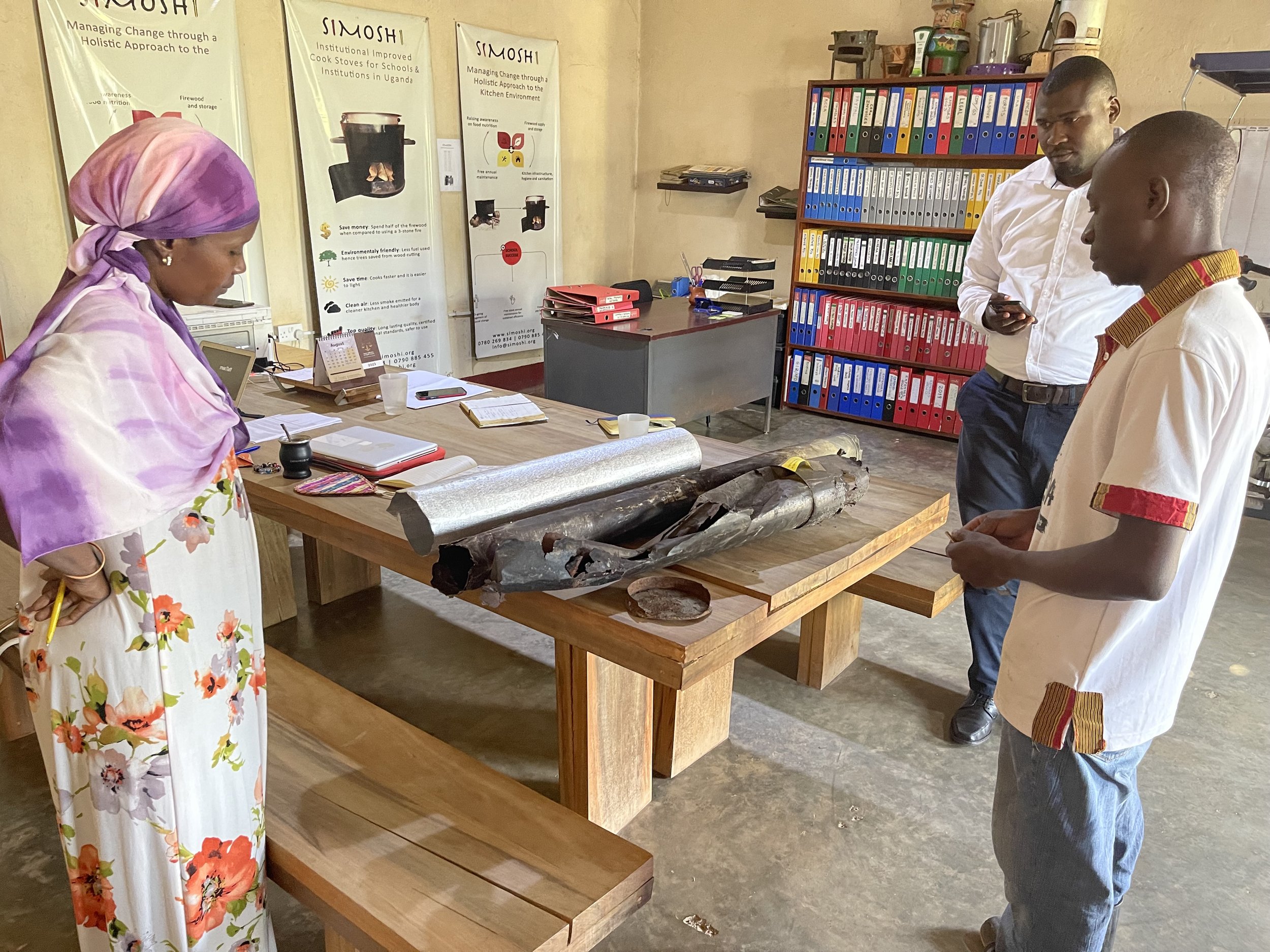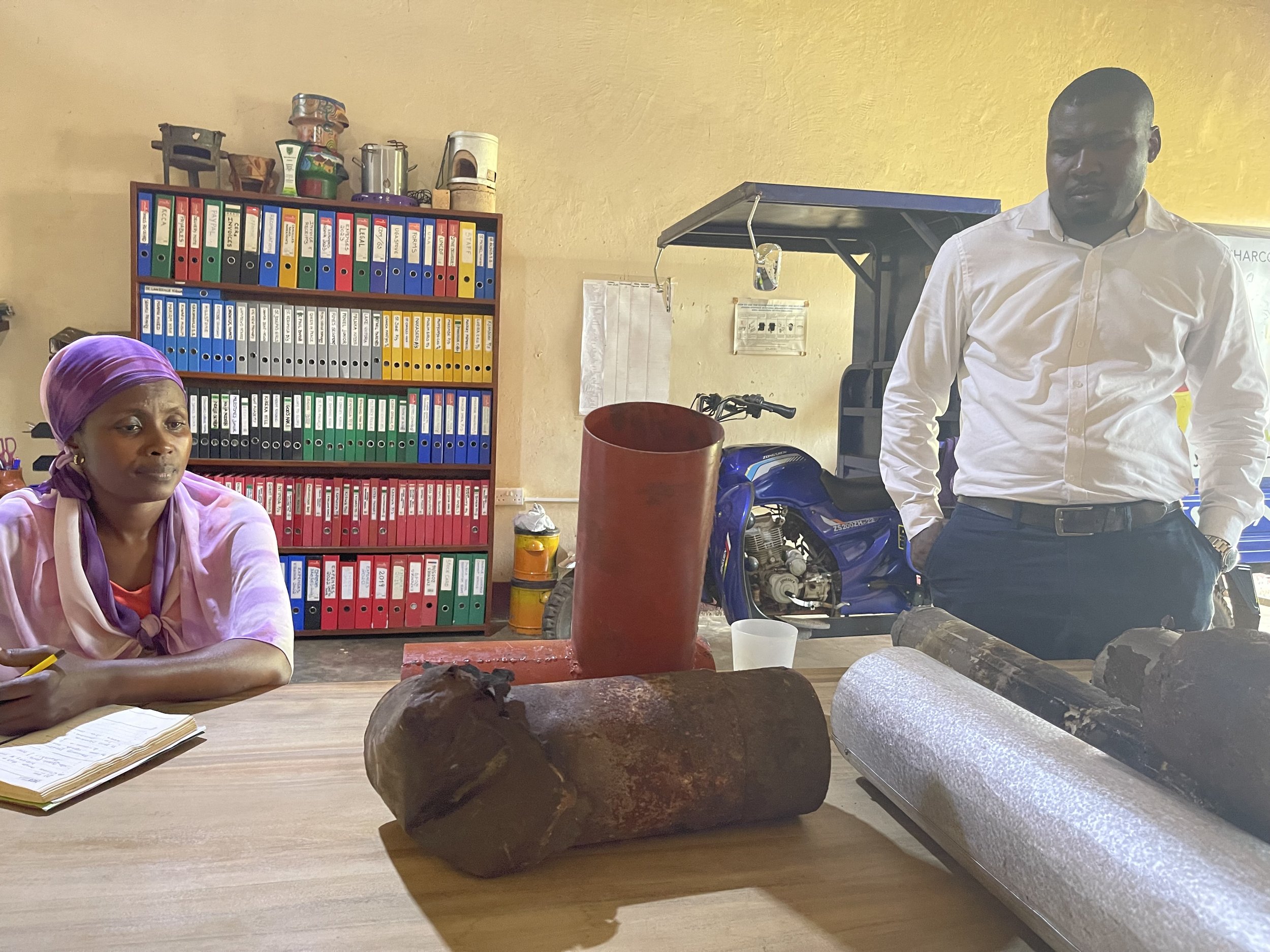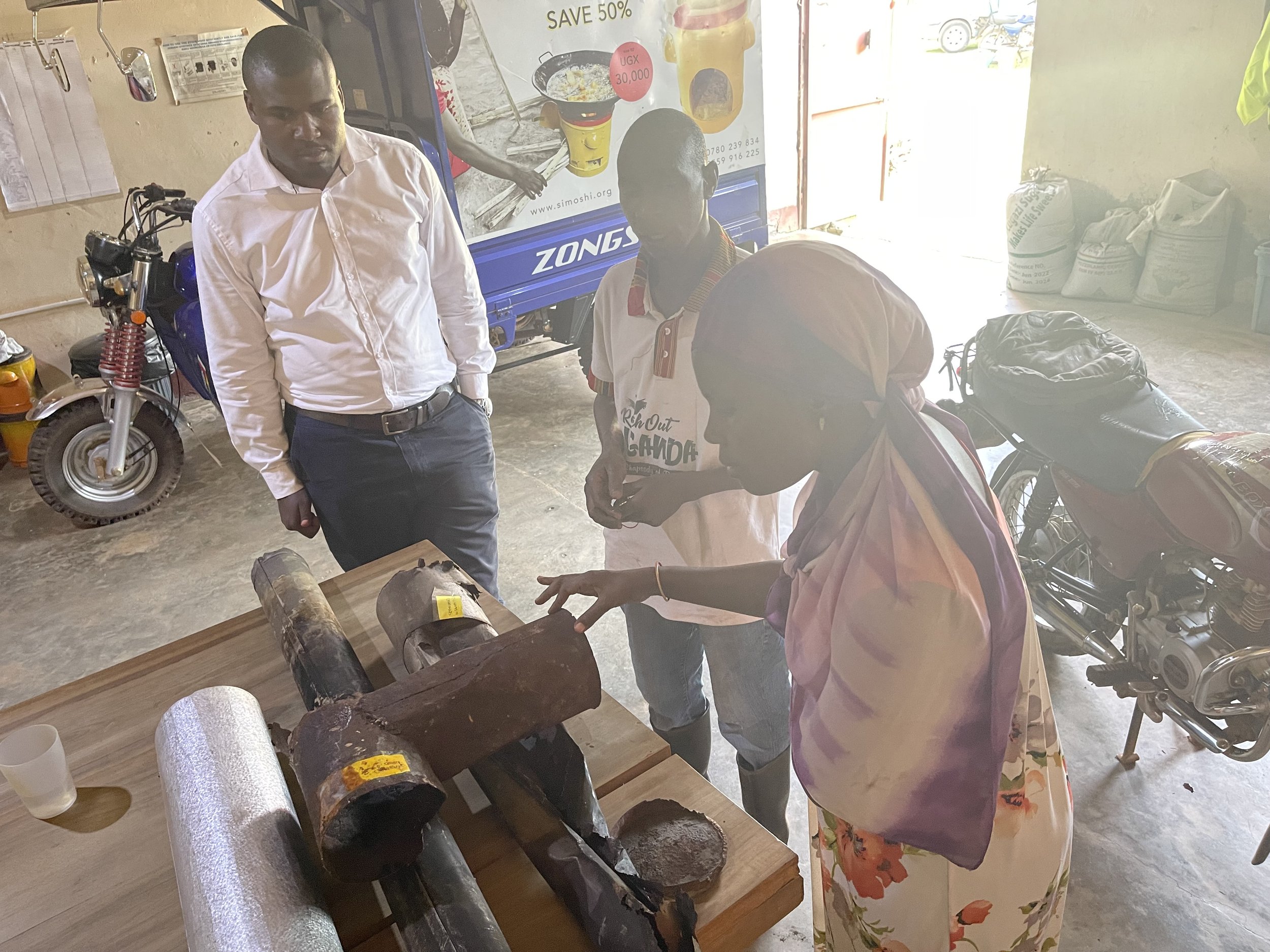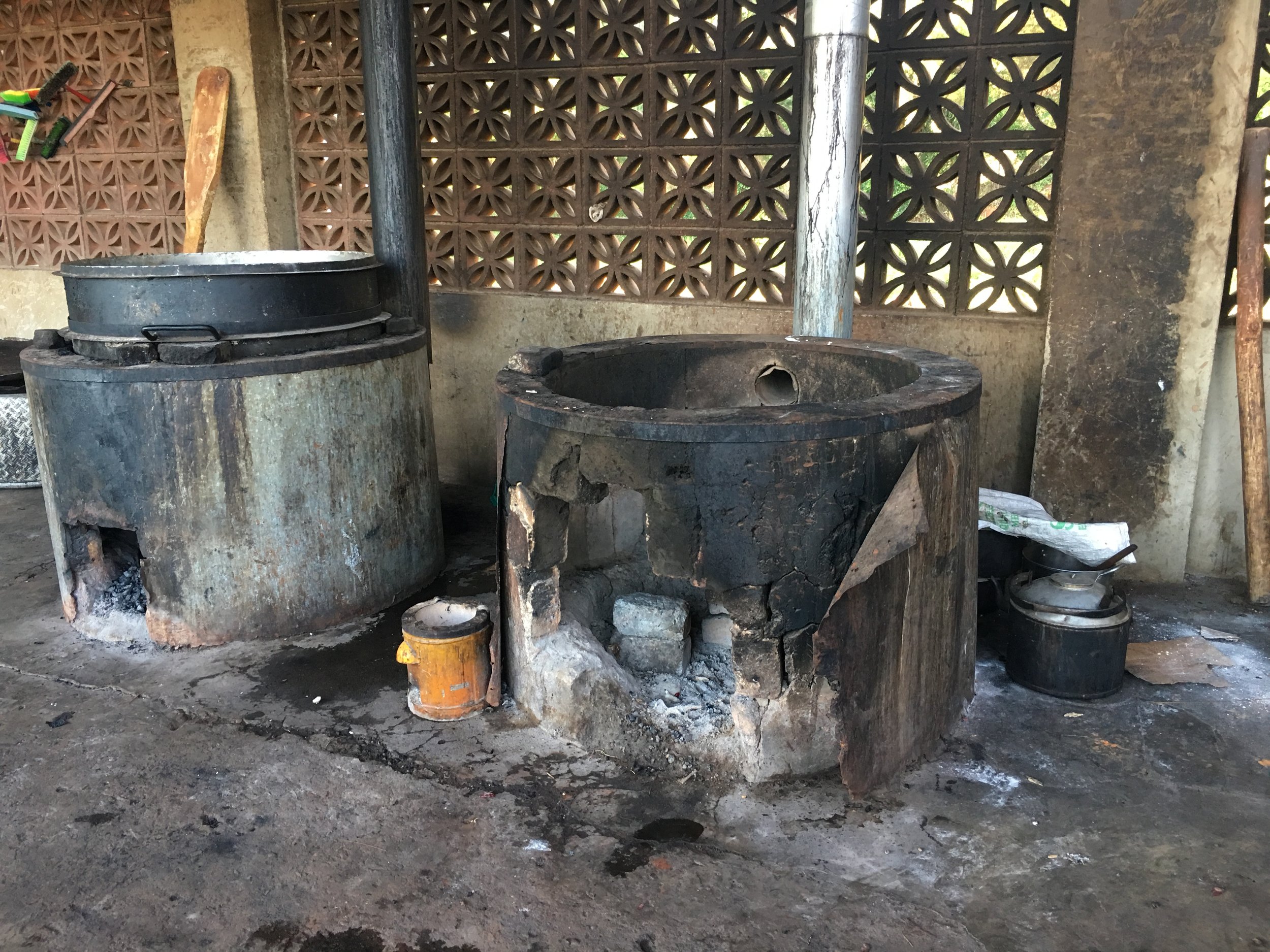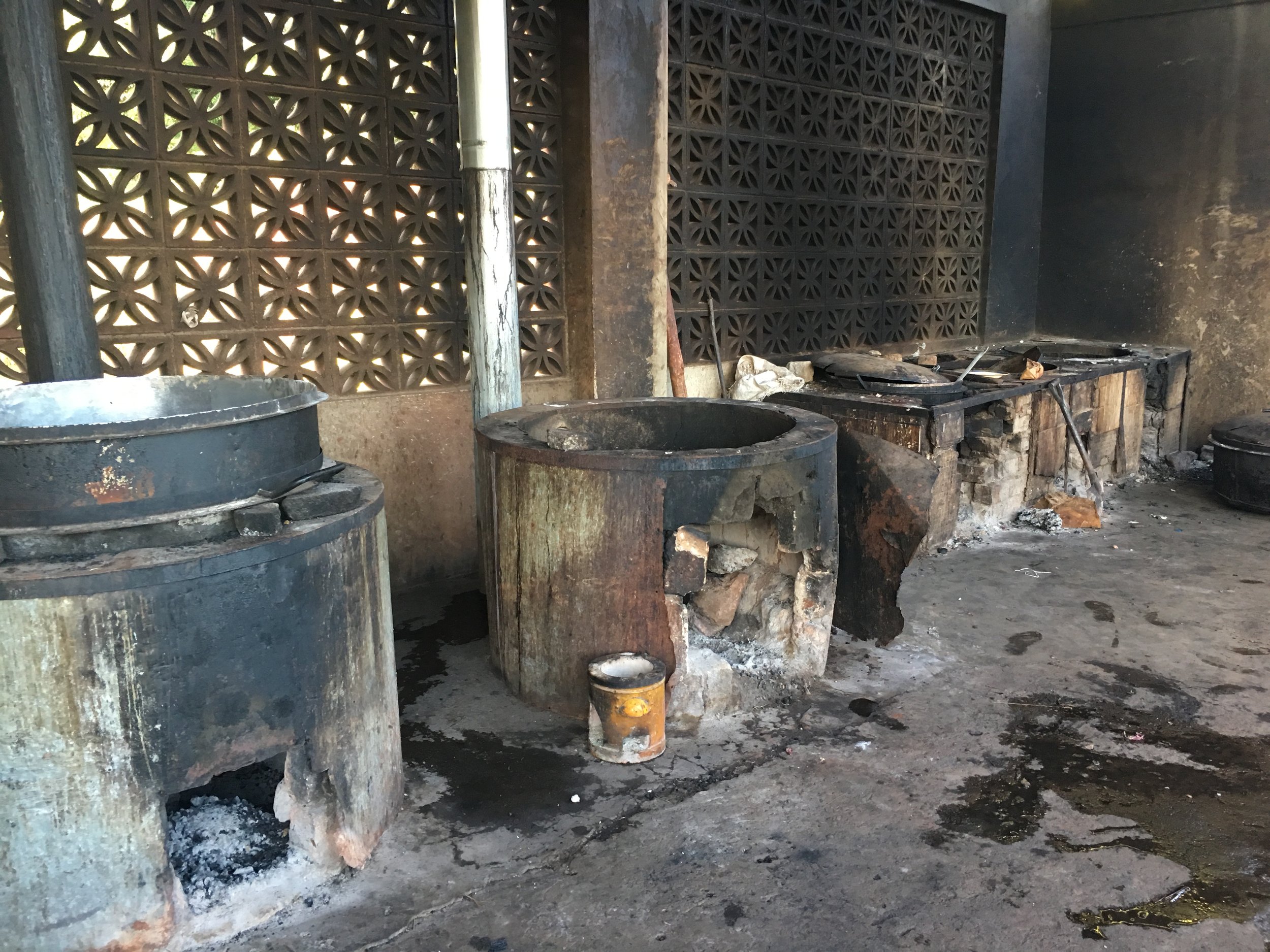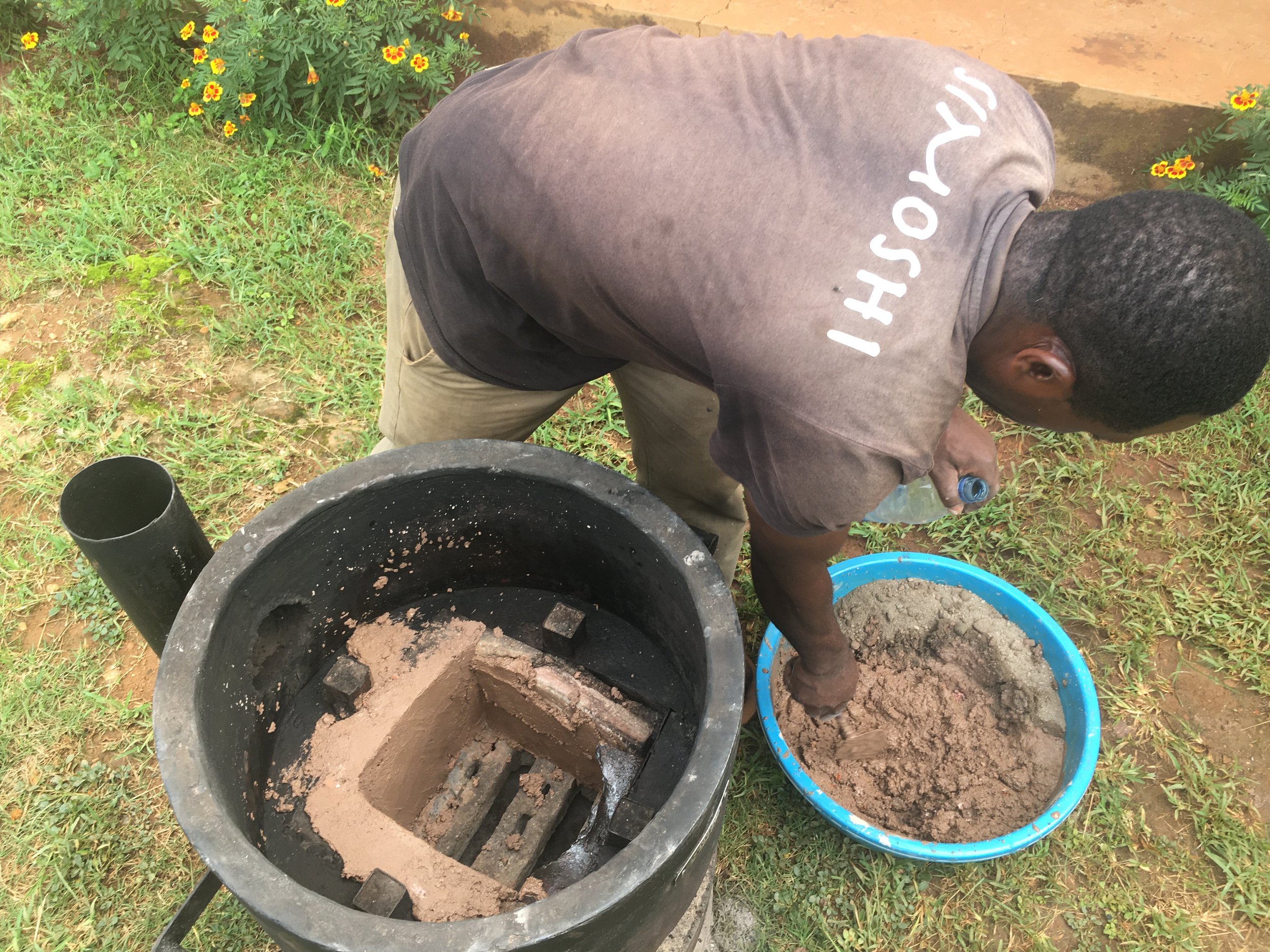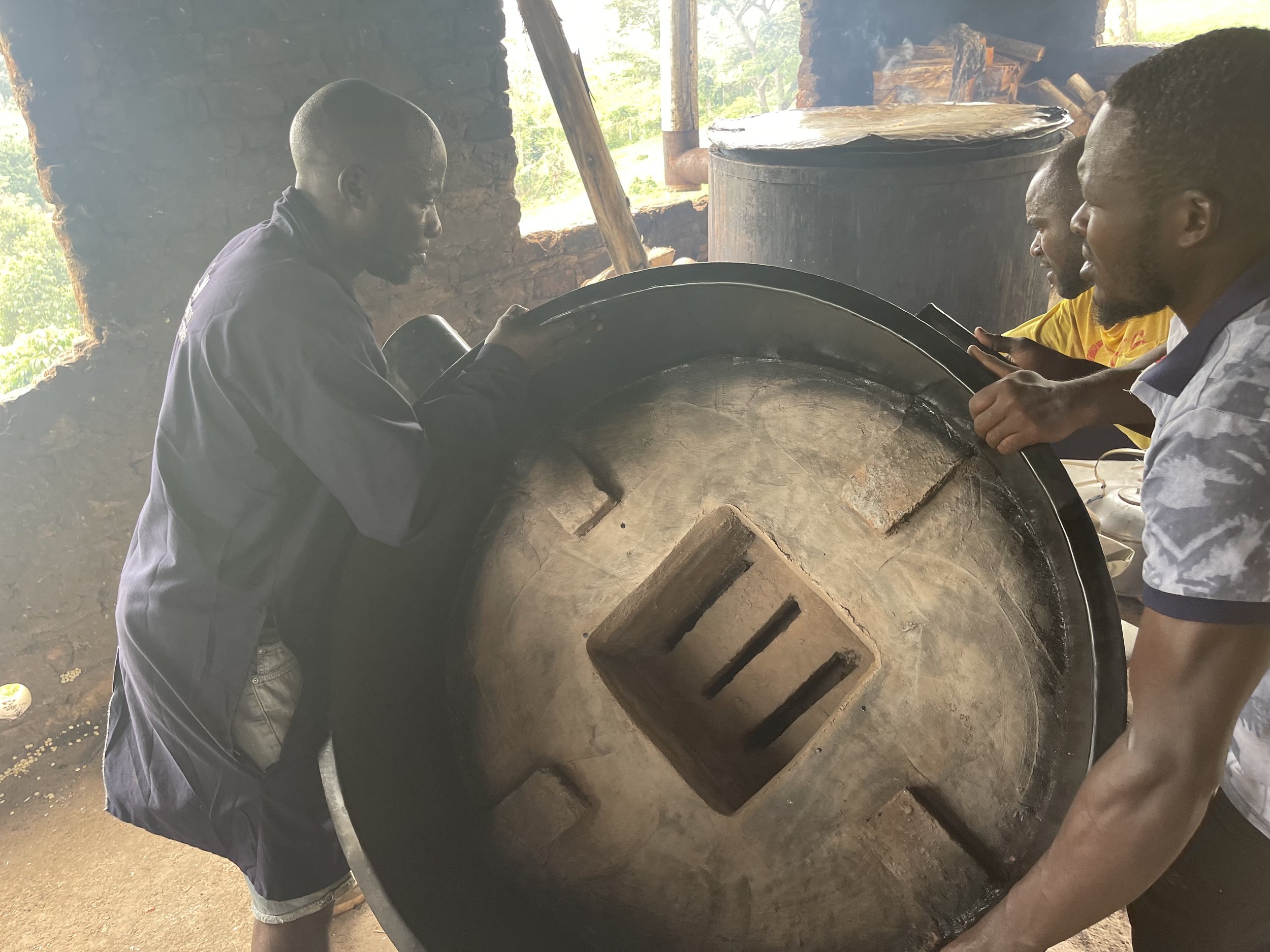We are incredibly grateful for the latest blog post written by Damilola Ogunbiyi, CEO and Special Representative of the UN Secretary-General for Sustainable Energy for All, and Co-Chair of UN-Energy and Margaret Kim, CEO of Gold Standard as a result of their participation at the Africa Climate Week 2023.
Our work with schools in Uganda is mentioned as an example of how the voluntary carbon market can contribute not only to global net zero, but also to support development objectives and deliver the much needed revenues to get the technologies deployed.
“Africa's carbon market offers a powerful means to address climate change and uplift communities. The tangible benefits seen in the projects in across Africa highlight the potential of carbon credits, both environmentally and socio-economically. As regulations evolve, governments have the opportunity to address current challenges and meet national priorities by crafting policies that prioritise local needs and ensure sustained advantages. By championing local expertise and fostering shared benefits, Africa can realize the carbon market's dual promise for its people and the environment”.



